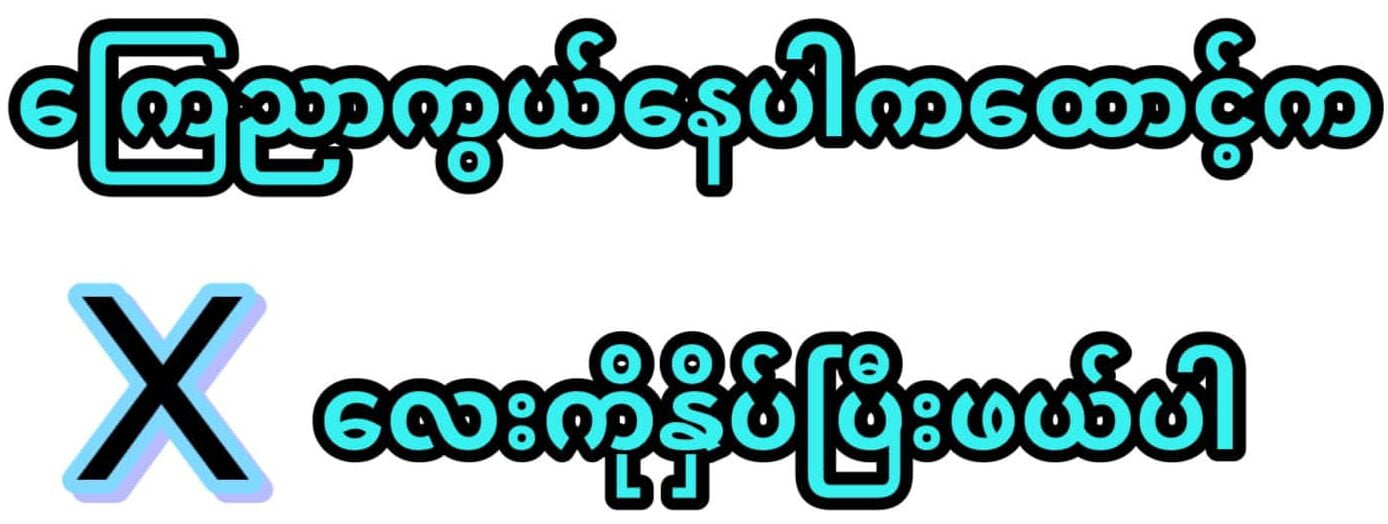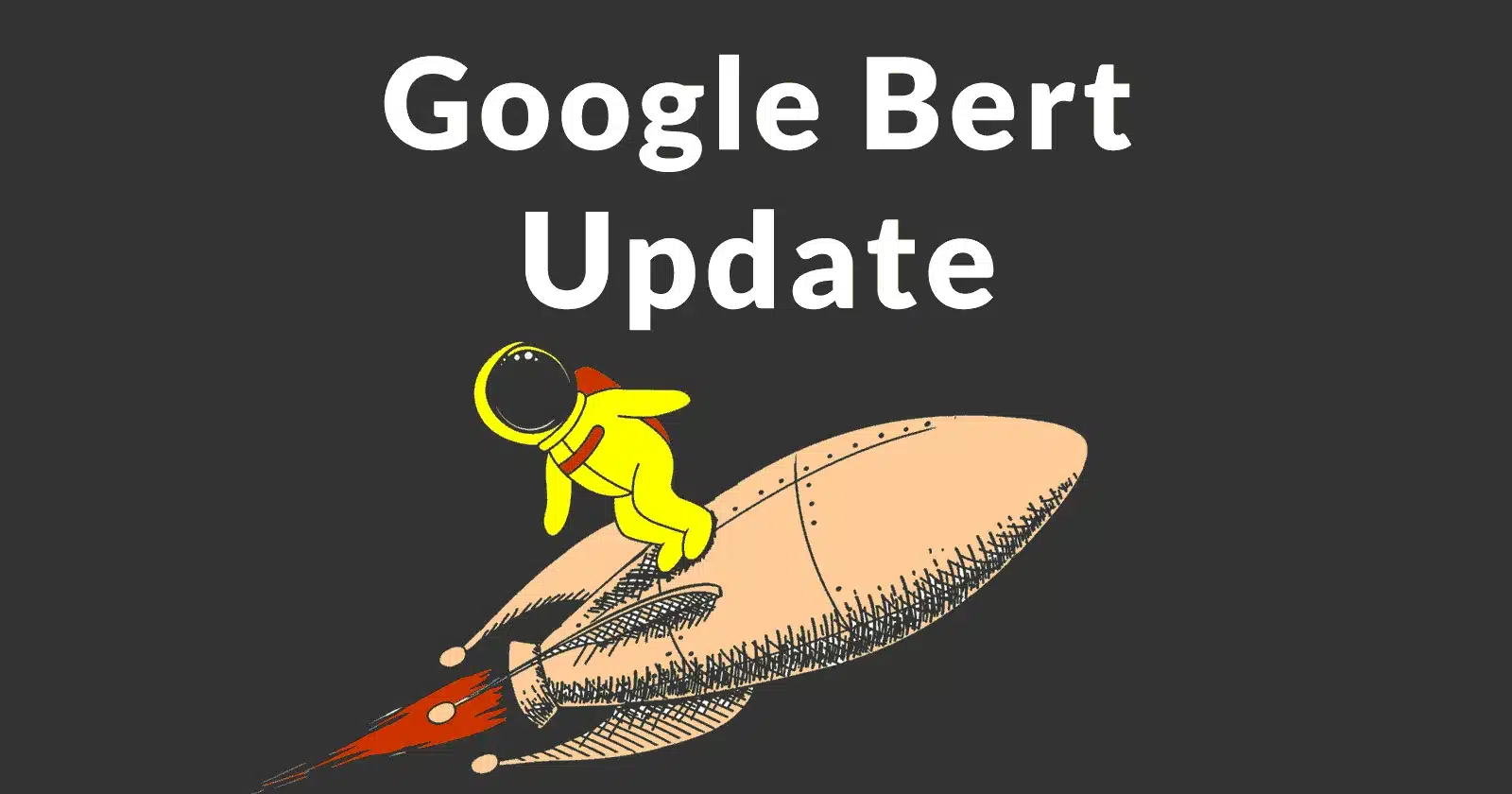Greetings from BERT! That is, we are discussing Google BERT, the latest Google update that was released in October 2019.
One in ten queries will be impacted by the upgrade, according to Google itself! 10% may not sound like much, but it’s still a significant figure. BERT is too important for website owners and SEO experts to ignore. This is the most recent upgrade to Google’s natural language processing.
What exactly is natural language processing, you might be wondering? How would BERT impact the SEO of my website?
Everything you ought to know is available right here. To learn a little bit more about BERT, continue reading!
The Google BERT Update: What Is It?
“Bidirectional Encoder Representations from Transformers” is what BERT stands for. That’s technical jargon for how this algorithm focuses on natural language processing, or NLP. The goal of this Google update is to get a better comprehension of the function of language in context.
This indicates that the Google search engine is gaining awareness of several elements, such as the sequence in which terms are entered into the search field or the usage of prepositions and other minor linking words in search requests.
Consider a search term such as “US visa for Asian travelers.” If you don’t know word order, you may see results that tell Americans about the need for a visa to enter Asian nations. The search engine is becoming more adept at deciphering the language being used here thanks to the BERT upgrade, which allows it to provide results that are more precisely tailored to the searcher’s meaning.
What Impact Will the Google Natural Language Processing Update Have on My Content and SEO Plans?
It’s essential to ask yourself, “How can I write to a human audience?” before implementing any SEO technique. Rather than asking, “How can I write to a search engine algorithm?” The BERT change demonstrates that search engine algorithms prioritize the needs of people, and your content needs to follow suit!
You can better comprehend how machine learning algorithms operate by having a rudimentary grasp of natural language processing. Still, the main goal of your content strategy should be to help actual people who are looking for what you have to offer by giving them useful information.
You may need to start concentrating on more specialized content as one adjustment to your SEO approach. SEO experts have been praising the value of long-form content for years. But if your lengthy, wordy blog entries aren’t providing your visitors with excellent, highly targeted material, they won’t be doing any good for your SEO strategy.
Now, BERT may focus on the more specialized questions that users ask. Additionally, your website should focus on answering the particular queries that your target audience is likely to have.
The Verdict on BERT
Search engine algorithms will constantly be updated and changed, whether it’s through Google’s latest natural language processing update or something entirely different. You’ll find yourself in a losing struggle if you let yourself become bogged down in the never-ending pursuit of the newest algorithm.
Rather, concentrate on producing content for those who are looking for what you have to offer online. You may guarantee that your material will remain of the highest caliber regardless of changes made to the most recent algorithm by prioritizing your viewers.










